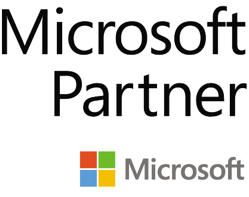
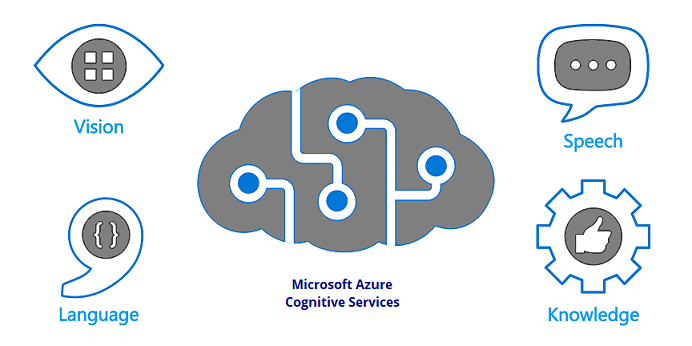
Top 5 Azure Cognitive Services for your Applications
Microsoft’s cloud-based platform Azure has helped many businesses expand while reducing costs associated with hosting and storing data and applications in the cloud. SNP Technologies leverages AI-based cognitive services to add intelligence, automation and search capabilities to your applications.
Tags: Big Data, Data Analytics, Microsoft Azure

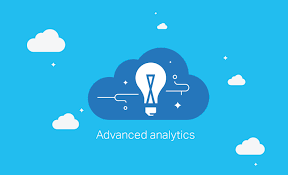
Manage your Data Warehousing Challenges with Advanced Data Analytics
The Cortana Analytics Suite (CAS) is made up of different components in Azure, allowing users to custom build an analytical application to suit a wide range of analytics scenarios such as real-time recommendations, customer churn forecasting, fraud detection, and predictive maintenance just to name a few.
Tags: Microsoft Azure, Big Data, Data Analytics, Advanced Data Analytics, Data Warehousing Challenges

Key Differences between Continuous Integration, Continuous Delivery & Continuous Deployment
Over the past few years, Continuous Delivery, Continuous Integration, and Continuous Delivery have become a part of our daily technology vocabulary. As we continue to implement these practices into our Application Lifecycle Management (ALM) workflows, these three terminologies can be confusing.
Tags: Microsoft Azure, DevOps

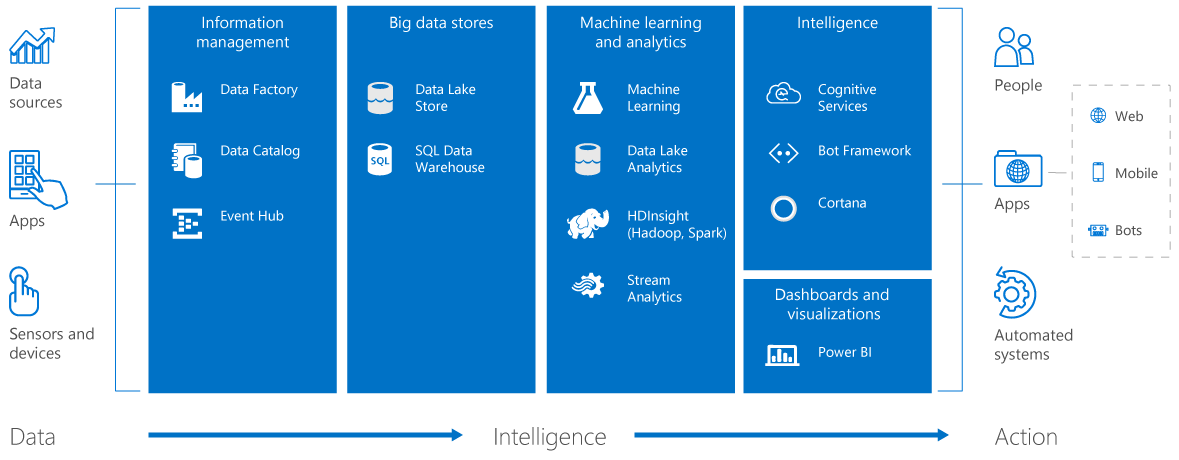
Cortana Intelligence for Advanced Analytics
The Cortana Analytics Suite is fully-managed big data and advanced analytics offering that transforms data into intelligent action. As an end-to-end cloud platform framework, Cortana Analytics Suite includes an integrated, comprehensive set of analytics tools, services, and preconfigured solutions.
Tags: Big Data, Data Analytics, Microsoft Azure


Managing Data Growth with Microsoft Azure
As businesses continue to grow, so does the amount of data. Enterprises today are struggling with storing, tracking and analyzing information on a daily basis, exposing businesses to inefficiency and security vulnerabilities.
Fortunately, cloud solutions like Microsoft’s Azure offer the capacity and tools needed for you to manage your growing data challenges, and realize the following benefits:
Tags: Microsoft Azure, Big Data, Data Analytics

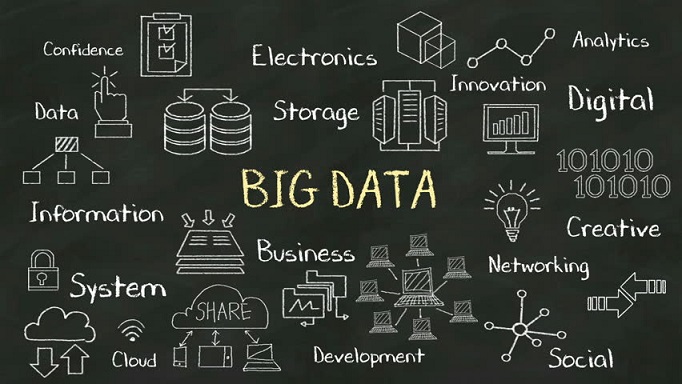
Big Data and the Cloud
It is estimated that we create 2.5 quintillions (that’s 2.5 followed by 18 zeroes) bytes of data each day. It’s no surprise that enterprises are moving into the era of data-driven business opportunities. But, for a company is to make the most out of the big data it generates, it must take an assiduous approach to capturing and analyzing its data.
Tags: Microsoft Azure, Data Analytics, Big Data


Power BI is Now Available on Microsoft’s 3 Sovereign National Clouds
In our last blog, one of the benefits we listed with Microsoft Power BI is that it’s available on three national clouds. So, what exactly does this mean for your organization?
Tags: Big Data, Data Analytics, Microsoft Azure

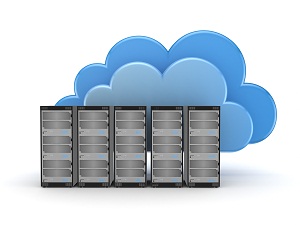
Cloud for Data Center Efficiency, Performance and Availability
Data centers deliver critical services for businesses. Trying to maximize design efficiency in a data center can be a challenge, however, and focusing only on power and cooling strategies is short-sighted. There are other efficiencies that enhance a data center’s ability to cost effectively adapt to business strategy changes and increased computing demand.
A data center solution should be designed with five key goals:
Tags: Data Center Modernization, Microsoft Azure

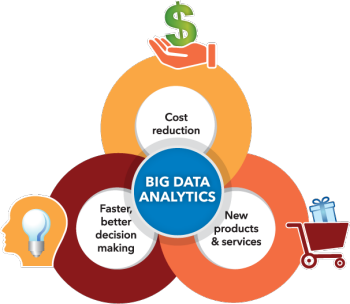
8 Ways Data Analytics Can Improve Your Business
Today, demand forecasts are the foundation of many business decisions. With data production predicted to increase 44 times between 2009 and 2020, there’s a huge opportunity to expand our perspectives regarding factors influencing and driving demand, as well as identifying patterns by which data driven business decisions can be made.
Here are eight ways data analytics can improve your business:
Define your Ideal Customer:
Tags: Data Analytics, Microsoft Azure


Top 7 Reasons Why your Business Needs Open-Source
Contention between Open-Source groups freely releasing code and commercial vendors capitalizing on proprietary products started the minute software became a profit-generating industry. Unlike proprietary software, which oftentimes is difficult to customize and integrate with other software applications, open source software is made available publicly for free so that others can view, copy, learn, and share the code.


